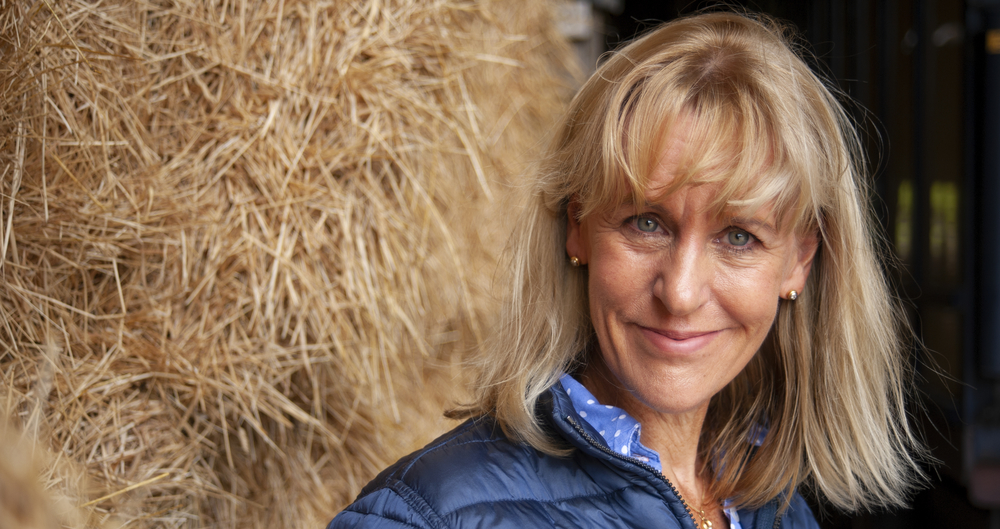The UK-EU trade deal is a ‘very positive step forward’ as we enter a new year and a new era, but Brexit will still bring challenges for the farming sector, according to NFU president Minette Batters.
In her New Year message, she called for the Government to prioritise ‘high quality, perishable agricultural products’ at ports to avoid damaging delays in food exports.
Mrs Batters said: “2020 was a year like no other and we enter the new year with the UK, and British farming, beginning a new era.”
Thanking the British public for their continued support for British farming and all it delivers, she added: “From farmers and growers keeping shelves full of British food at the beginning of the Covid-19 pandemic, to more than a million people signing up to a petition that demanded our world-leading standards are not undercut in future trade deals, it is clear the British public care deeply about where their food comes from and how it is produced.
“Public backing for British farming is at a record high and that is why it is so important that we get the next chapter right.”
With the EU Transition Period ending tonight and MPs having endorsed the EU-UK trade deal on Wednesday, she said: “The successful conclusion of a deal between the UK and EU is a very positive step forward and should provide comfort to both farmers and to the public.
“It forms the start of a new and different trading relationship with the EU and countries across the world, and I look forward to working with government to ensure we all benefit from the opportunities this new era presents.
“There will undoubtedly be challenges to overcome, with images of disruption at the border due to Covid-19 restrictions still fresh in our minds.
“With traders now facing extra costs and complexity with new checks and additional paperwork for food exports, it is important that government does all it can to prioritise exports of our high quality, perishable agricultural products to make sure that this food is not left languishing in queues at the border when the changes take effect on January 1.”
2021 will also see the government implement its own agriculture policy for the first time in 70 years, which will see a seismic shift in the way farming is supported, with renewed focus on sustainable farming.
“It’s now crucial that the government works with farm businesses to ensure the new Environmental Land Management scheme it is planning is fit for purpose, meaning Britain’s farmers can continue to produce food, while protecting and enhancing our environment. I, like many of my farming members, work with our land to ensure we leave our farms in a better condition for the next generation,” Mrs Batters said.
She cited climate change as one of the biggest challenges the industry will continue to face in 2021 and beyond. “With the international climate change summit, COP26, being hosted in the UK, now is the time to put our stamp on the world and truly demonstrate that we are committed to being global leaders in climate-friendly food,” she said.
“The NFU already has an ambition for British farming to be net zero by 2040 and there are thousands of examples out there now of farmers working sustainably, managing livestock pastures to absorb carbon, producing renewable energy and farming smarter to reduce emissions. There is no better time to show leadership in tackling one of the biggest threats to our planet and we stand ready to work with government to achieve our goals.”
She concluded: “There will undoubtedly be twists and turns as we navigate a new life outside the EU but British farming’s desire to continue producing fantastic food, produced to some of the highest standards in the world, remains steadfast.
“Not only do we want to be the number one supplier of choice domestically, but we also have a world-renowned reputation for quality food that can be at the forefront of the government’s Global Britain ambition.
“It’s crucial we all work together to ensure British farming can thrive for generations to come and for the British public to continue to benefit from a safe, secure and sustainable supply of homegrown food.”




